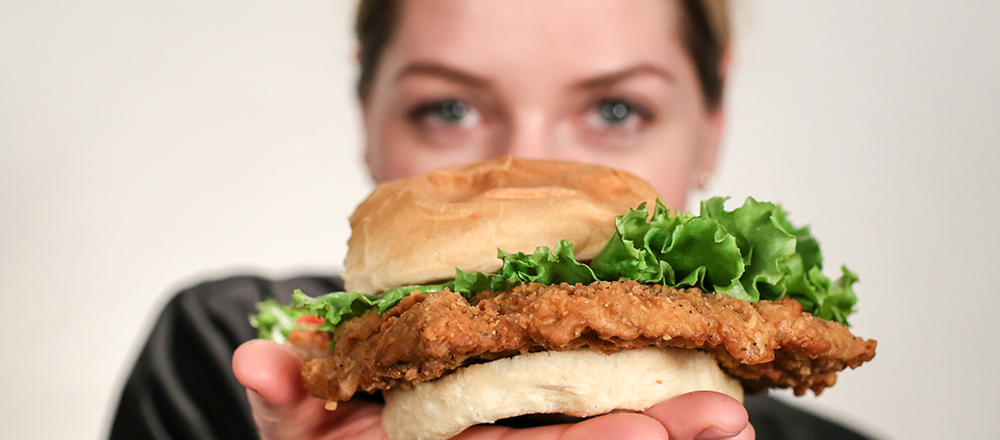Endocrinologist Shares 5 Tips for Living With Type 2 Diabetes
January 23, 2019By: Jodi Rawson
Categories: Live Healthy

I have a strong connection to Type 2 diabetes. Several of my family members have suffered and succumbed to the disease. It’s very important to me to make an impact on my patients’ lives.
Obstacles

Endocrinologist, Michelle L. Orr, MD, with Meritas Health Endocrinology
There is no denying it is hard to live with diabetes. The obstacles can seem overwhelming. After all, people with diabetes need to change their lifestyles with healthy eating, exercise and limited alcohol consumption to help keep blood sugar levels in check.
It doesn’t end there though. Smoking is risky for people with diabetes. They should quit because smoking increases the risk of stroke and blood vessel, eye, kidney and heart disease. Add on how patients must regularly monitor their blood sugar levels and take multiple medications, and all of this can affect one’s mental health.
Our comprehensive Living With Diabetes program is a two-day class, accredited by the American Diabetes Association, that offers educational sessions led by certified diabetes educators on topics including blood glucose monitoring, medication, diet and nutritional planning, physical activity, coping strategies and more.
Making Changes
I always tell my patients we have the easy job of telling them what to do. They have the hard job. This is why the most important person in this collaboration is the patient. What the patient knows and does regarding lifestyle choices is often more than what I can do with my prescription pad.
For example, patients who are physically active tend to have fewer complications. Exercise helps lower their blood sugar levels, which allows us to modify their medications.
Many of my patients have made needed changes. They are always positive about their choices, and that is the most rewarding part of my practice. The key is patient education, and so I’d like to share five tips for managing Type 2 diabetes:
-
Eat Mindfully
- Eat three meals a day containing a protein, a fat and a carbohydrate.
- Do not skip meals.
- Avoid snacking because the more you eat during the day, the more difficult it is to manage blood sugars.
- Limit daily sugar intake.
-
Stay Active
- Talk with your physician before you begin an exercise regimen.
- Choose activities you enjoy.
- Vary types of exercise, such as aerobic, strength training, swimming, walking and yoga.
- Exercise on average 30 minutes a day.
-
Monitor Blood Sugars
- Talk with your physician about target numbers.
- Check your blood sugars as prescribed.
- Log the date, time and blood sugar numbers for your physician to reference.
-
Take Medications
- Follow prescription requirements.
- Keep a list of medications with you.
- Call your doctor if you think you are having side effects.
-
Get Support From Family and Friends
- Educate them about your disease.
- Recruit a partner in your exercise plan.
- Reach out for help.



